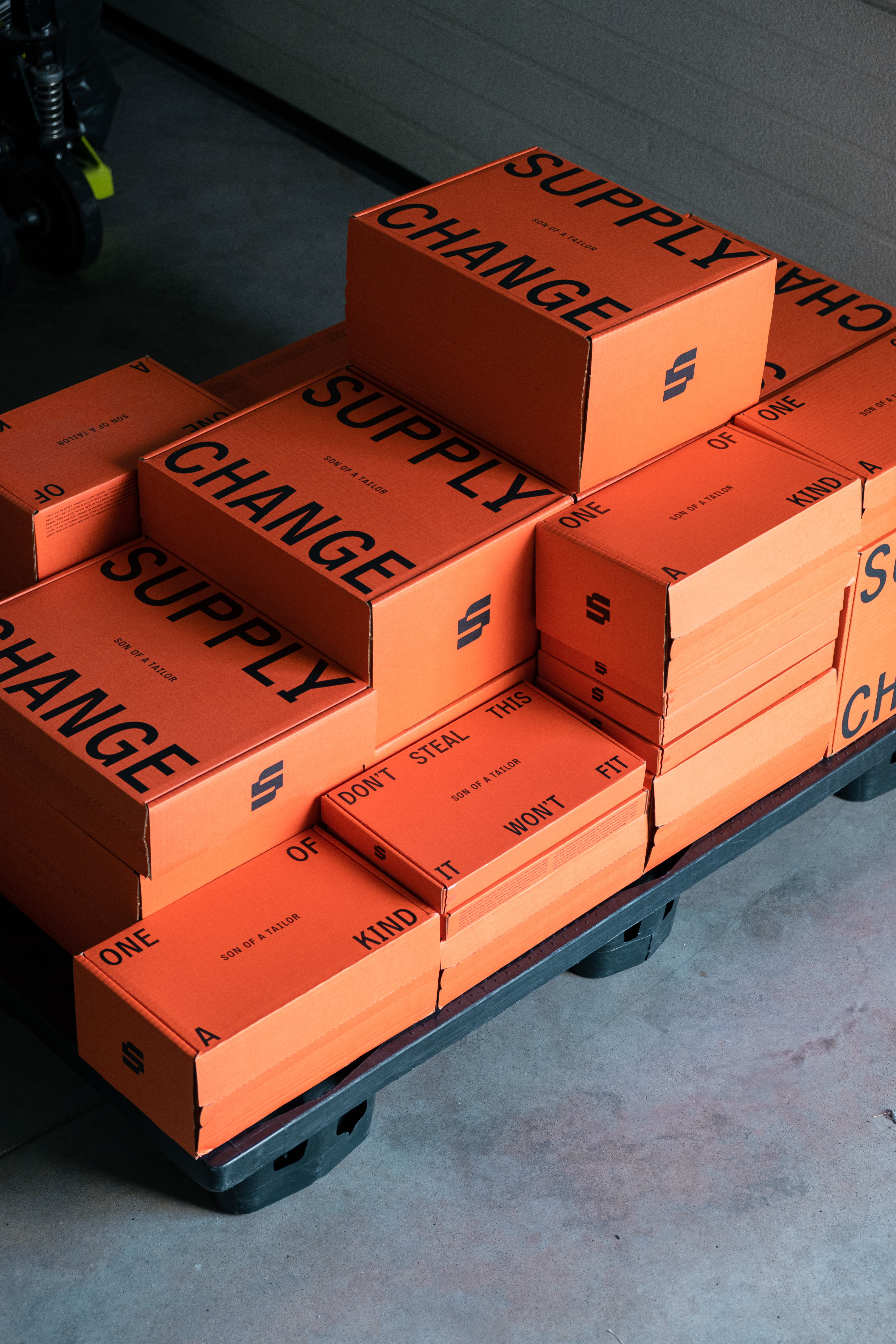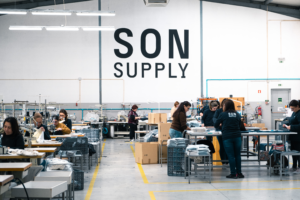
Future-proofing fashion through the supply chain
Supply chain disruptions have a huge potential to transform the industry argues Jess Fleischer, CEO of Son of a Tailor, in this opinion piece.Dette er et debatindlæg: Indlægget er udtryk for skribentens holdning. Har du noget på hjerte? Skriv til os her.
How to future-proof fashion? With fashion month behind us, this central question is moving back into the industry’s spotlight. And rightfully so.
As Business of Fashion and McKinsey conclude in the 2023 edition of ‘The State of Fashion’, supply chain disruptions are one of the biggest industry challenges for the coming years. At first, this might sound daunting. However, in every challenge, lies an opportunity.
In the last years, the global fashion supply chain, once hidden away in the shadows, has moved into the spotlight. As scandals shook the industry, the supply chain has been primarily seen as a problem that needs to be fixed. And let’s be clear, there’s a lot that needs fixing.
But when approached in the right way, the supply chain has a huge potential to transform the entire industry into a version of itself that is more sustainable and delivers more value to the customer.
The experts behind ‘The State of Fashion 2023’ identify new supply chain models based around vertical integration (taking direct ownership of stages of the production process), nearshoring (keeping business operations in geographical proximity) and small-batch production as an effective way to realize this potential.

At Son of a Tailor, we’ve just completed such an initiative: we acquired and in-sourced our first own production in Portugal, called ‘SON Supply’. As a brand that offers custom-fit clothing made in Portugal and Italy, nearshoring and small-batch production are deeply engrained into our business model. But we realized that in order to get closer to our mission of reengineering the clothing industry, we needed to own our production. And here’s why:
Made to Order has long been regarded as a niche market but in light of the recent industry challenges, it has become apparent that the approach has clear benefits from a business as well as from an environmental perspective. The main advantages include less capital bound in finished good inventory on the business side as well as fewer CO2 emissions and less waste on the environmental side. However, it also has two key barriers that prevent widespread adoption: price and lead times.
Taking ownership of your production addresses both effectively while also future-proofing the supply chain against industry-wide risks: by owning their production, companies can increase transparency and flexibility as well as reduce unit costs and delivery times. This makes ‘SON Supply‘ a great example of what the implementation of expert recommendations can look like in practice.
We hope that it can serve as a showcase that will inspire other brands to similar initiatives. And if you’re not sure how to get started, we’re always happy to share our experiences.



